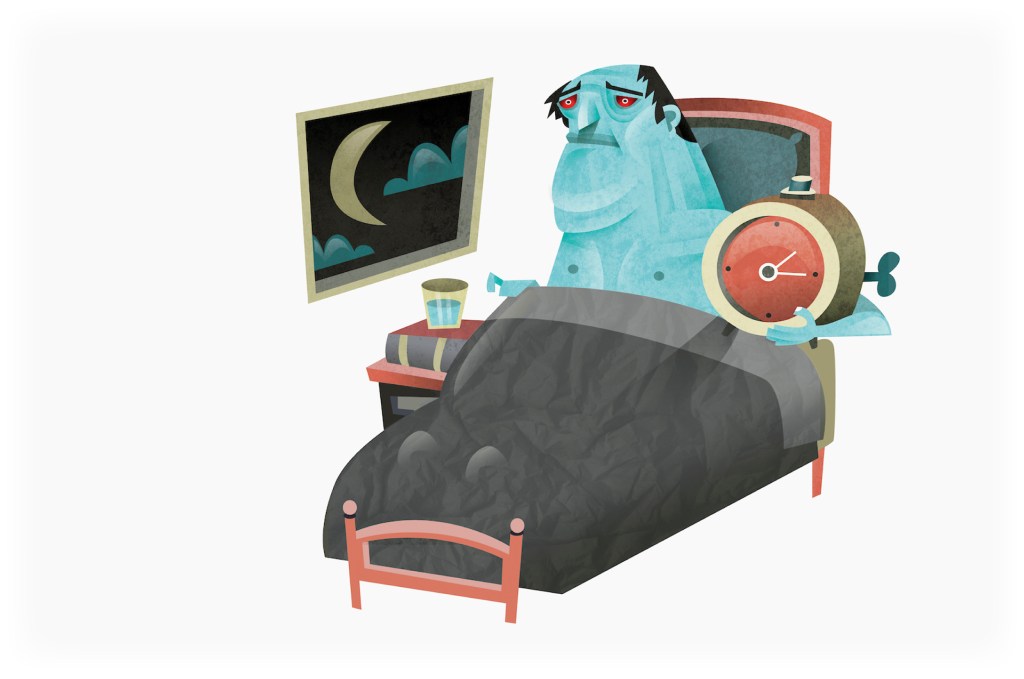Health
-

Six cancers rising faster in younger adults than older ones
Large new global study fuels growing concern over trend of increases in several types

-

What’s next for GLP-1s?
Scientists eye new treatment targets for popular weight-loss drugs, from heart failure to addiction
-

Pricey blockbuster GLP-1s are costing users — and most of the rest of us, too
Health insurers are passing along cost for coverage in form of higher rates across the board, policy researcher says
-

Drinking 2-3 cups of coffee a day tied to lower dementia risk
Caffeinated tea also found to slow cognitive decline in study

-

New AI tool predicts brain age, dementia risk, cancer survival
Unlike other AI models, BrainIAC needs limited data to ID key neurological health indicators

-

It’s time to get more comfortable with talking about dying
Palliative care physicians offer advice for end-of-life conversations between patients, loved ones
-
Uncertain chapter in dental student’s life
Lindsay D’Amato took a circuitous route from Missouri to the Harvard School of Dental Medicine, via graduate school in California, a two-year Peace Corps stint in Panama — and a detour for brain surgery.

-
Five healthy habits to live by
A new Harvard study has found that by following five healthy lifestyle habits during adulthood, your life expectancy may increase by a decade or more.
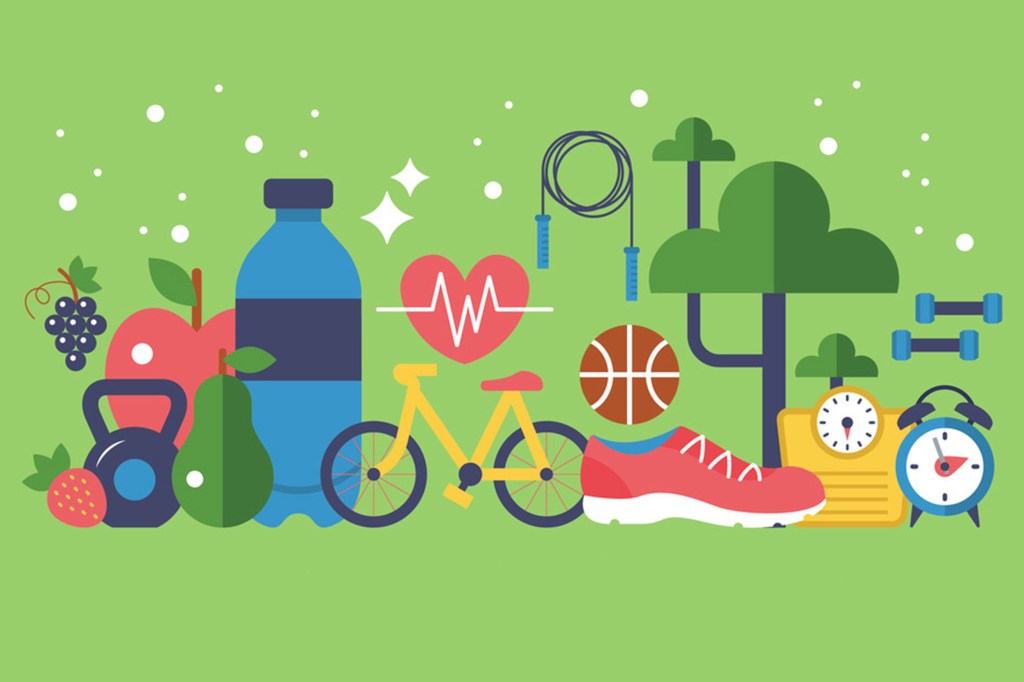
-
For new medicines, turn to pioneers
A new study shows that scientific research driven by curiosity is “the best route to the generation of powerful new medicines.”
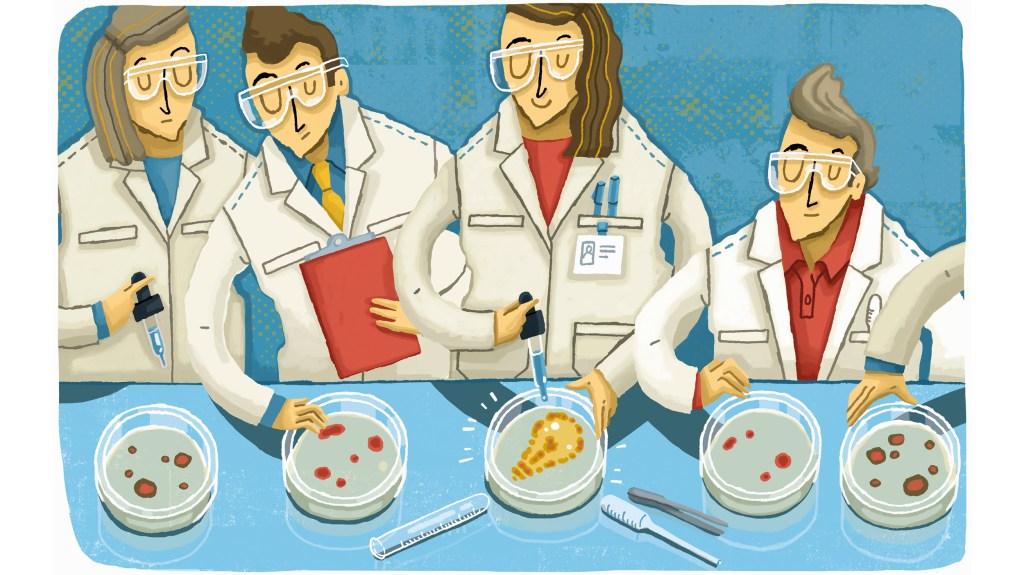
-
Exercise may help make heart younger
In a new study performed in mice, Harvard researchers found that exercise stimulates the heart to make new muscle cells, both under normal conditions and after a heart attack.
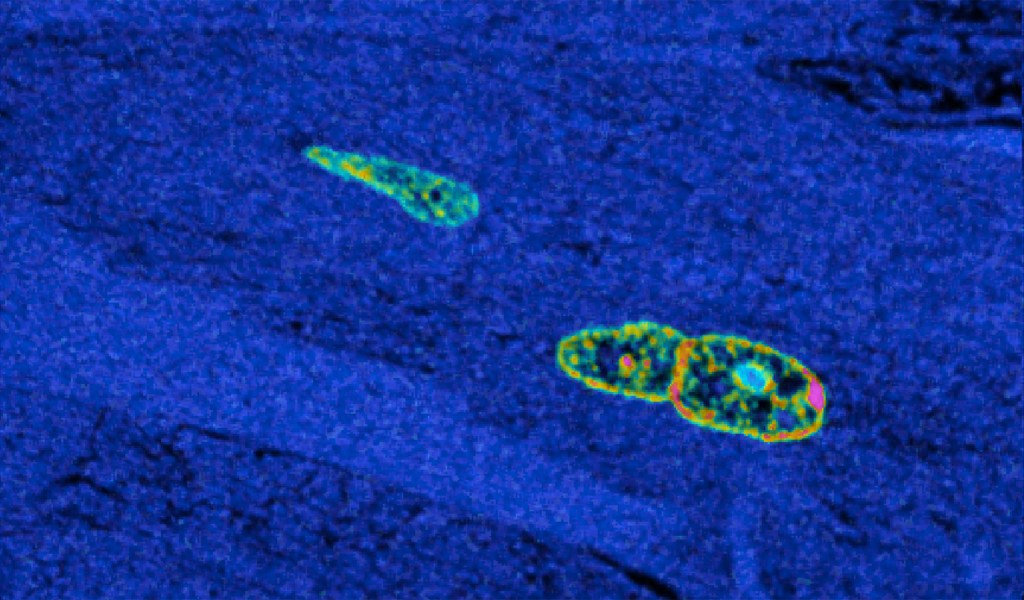
-
Progress and challenge on Alzheimer’s
Harvard epidemiologist Albert Hofman said most Alzheimer’s cases are likely related to non-genetic causes, particularly vascular health, which explains decreased incidence of the disease in recent years.
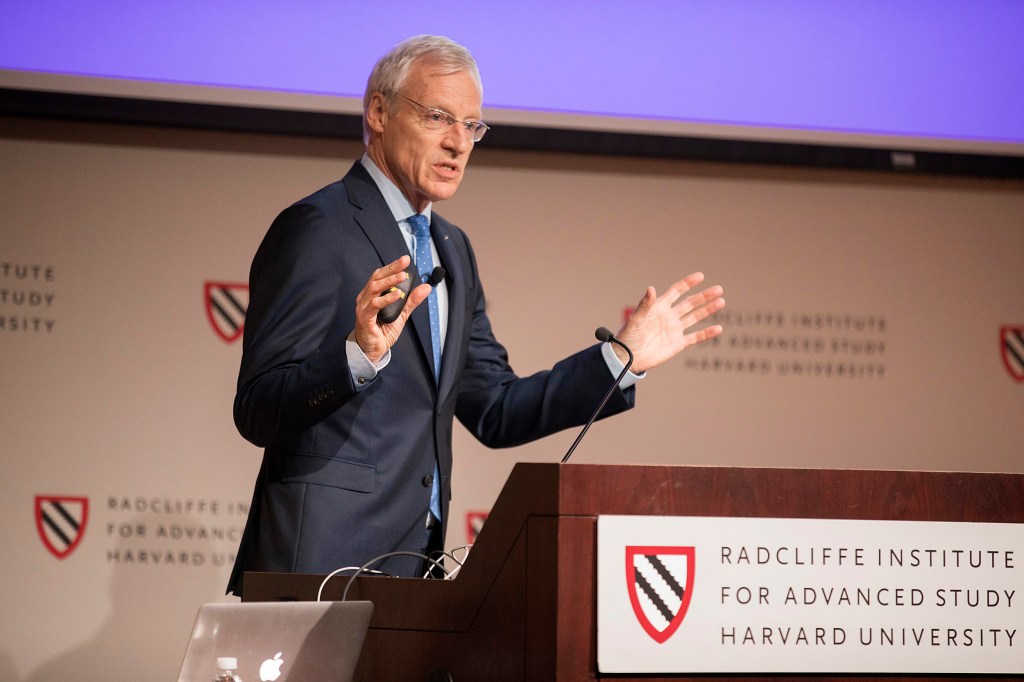
-
Through the lens of black health
Tania Fabo’s ambition is to bridge the gap between biomedical research in the laboratory and public health efforts to reduce health inequalities among minorities.

-
Harvard’s immersion in neuroscience
In a Q&A session, Harvard Provost Alan Garber talks about the recent “Faculty Symposium: Insights in Neuroscience,” hosted by his office and the Life Sciences Steering Group, about science broadly at Harvard, and the growing interdependence among all scientific disciplines.
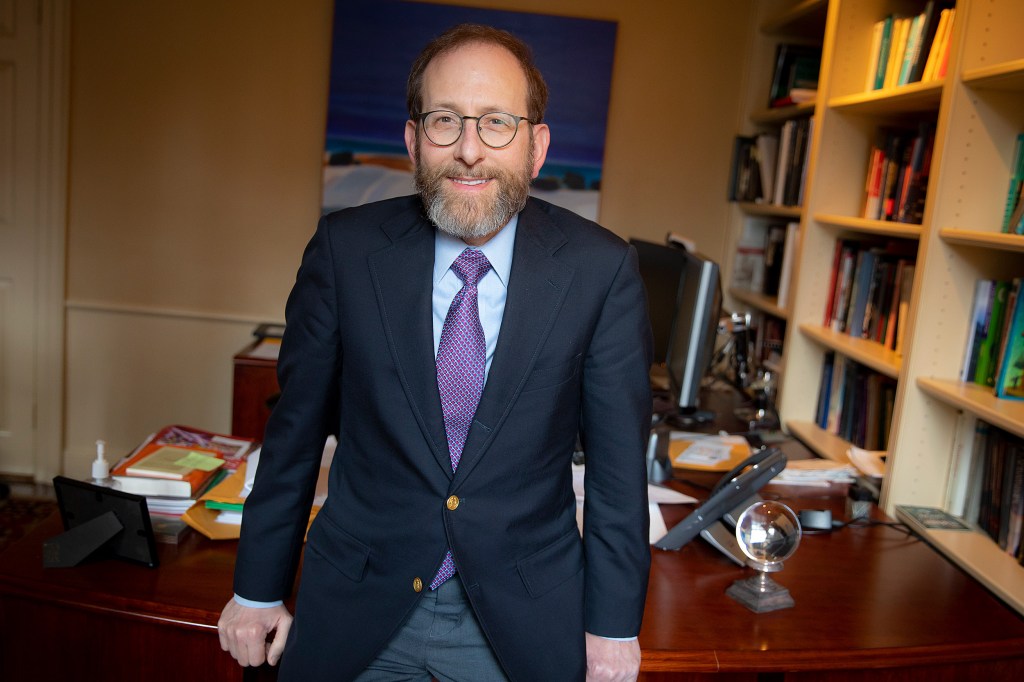
-
Research sheds light on how parents operate
In a new study, Harvard researchers describe how separate pools of neurons control individual aspects of parenting behavior in mice.

-
With mindfulness, life’s in the moment
Rooted in Buddhism, mindfulness meditation has developed a prominent perch in the self-help movement. Its popularity has been fueled by research that indicates mindfulness often reduces stress and promotes emotional well-being.
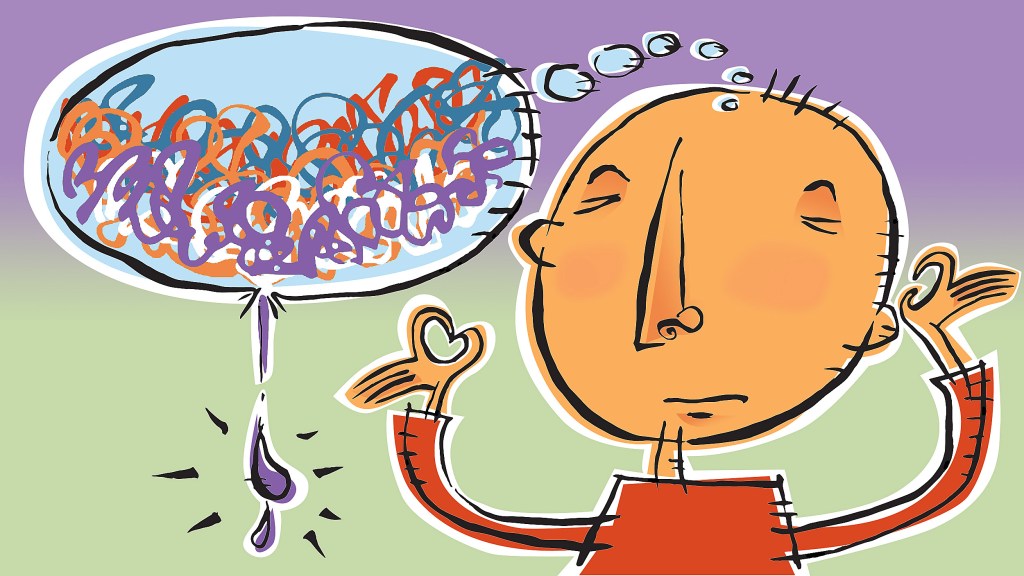
-
Biology without borders
To increase scientific understanding of biological systems, Harvard is launching an interdisciplinary research effort called the Quantitative Biology Initiative, with support from University President Drew Faust and Dean Michael D. Smith.
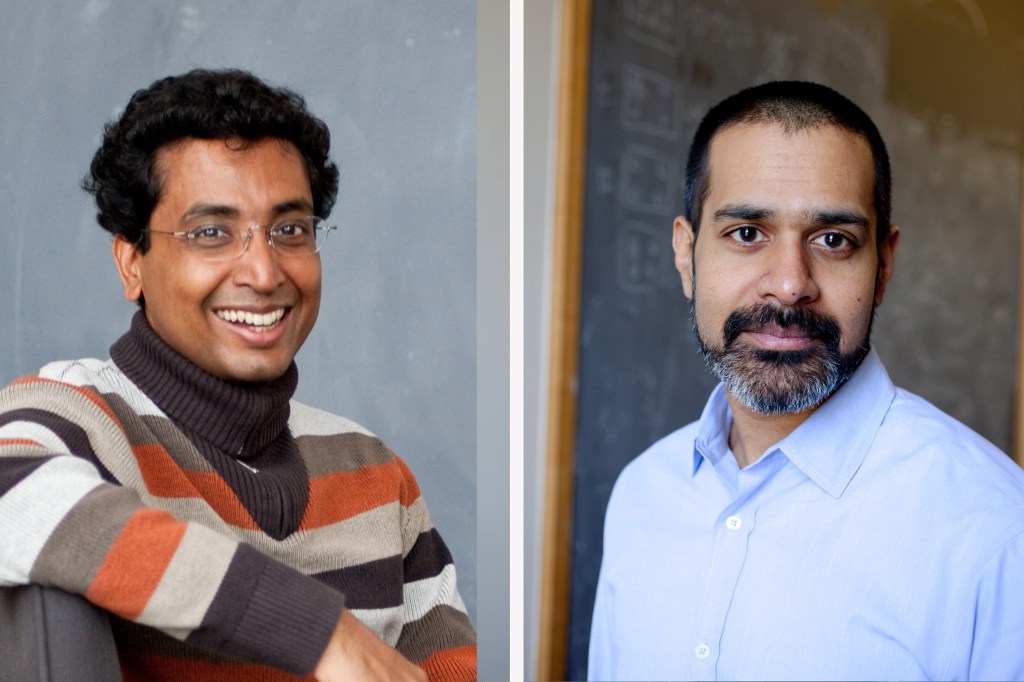
-
Let me compliment you, sort of
If you’d like to boost your status and get colleagues at work to like you, be aware that offering a backhanded compliment will undermine both of those goals, a Harvard Business School working paper concludes.

-
When science meets mindfulness
Researchers at Massachusetts General Hospital and Harvard Medical School are examining how mindfulness meditation may change the brain in depressed patients.
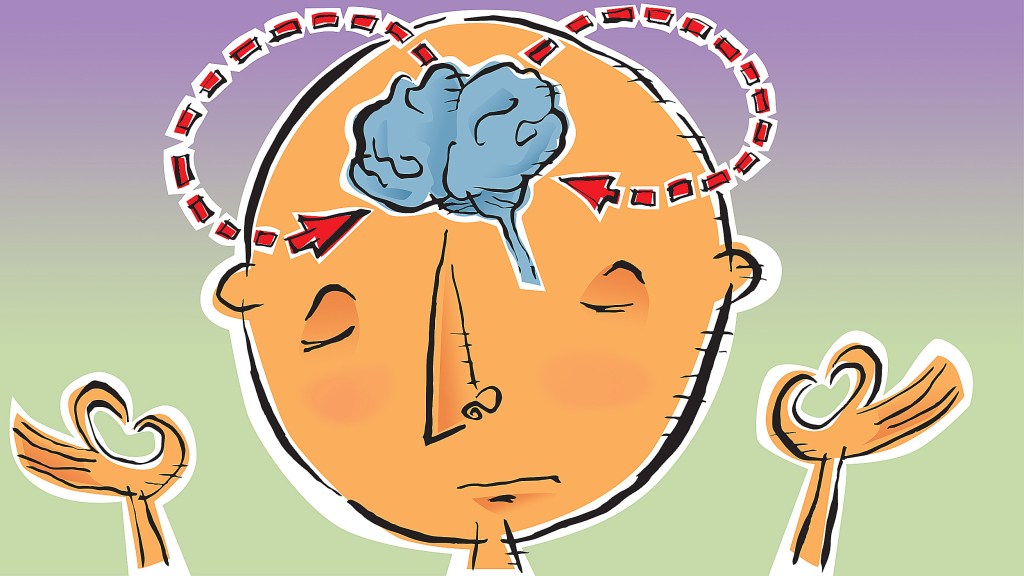
-
Treating inflammatory arthritis with hydrogel
To better manage inflammatory arthritis, bioengineers and physicians have developed a delivery system for getting anti-inflammatory therapies to the sites where they are needed most.
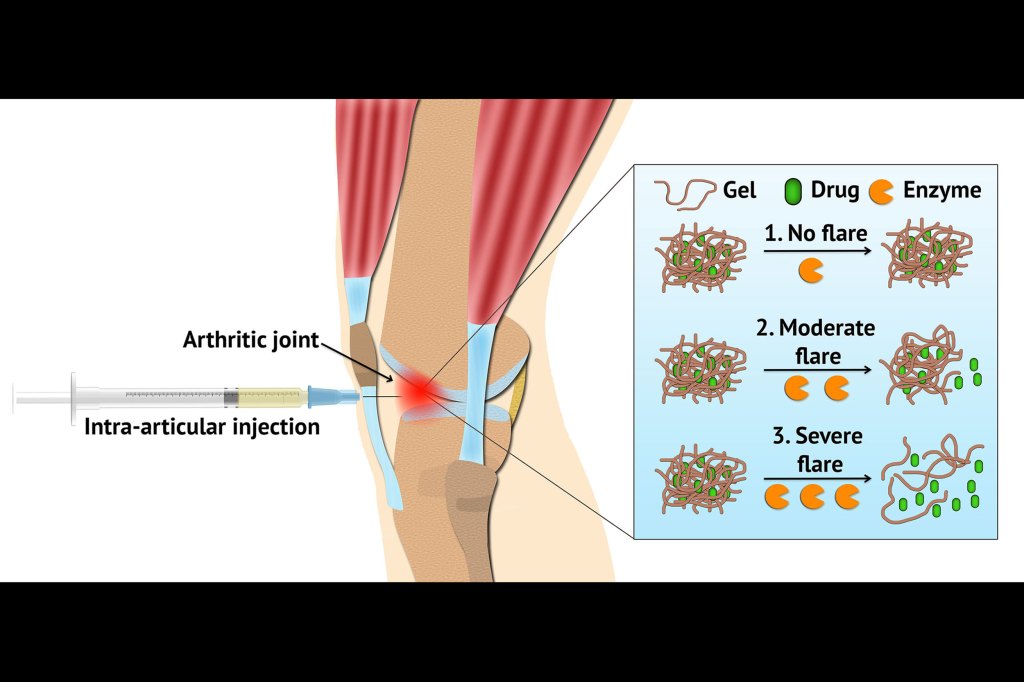
-
Probing the sleep-deprived brain
Nora D. Volkow, director of the National Institute on Drug Abuse, spoke at Radcliffe on the harmful effects of sleep deprivation.
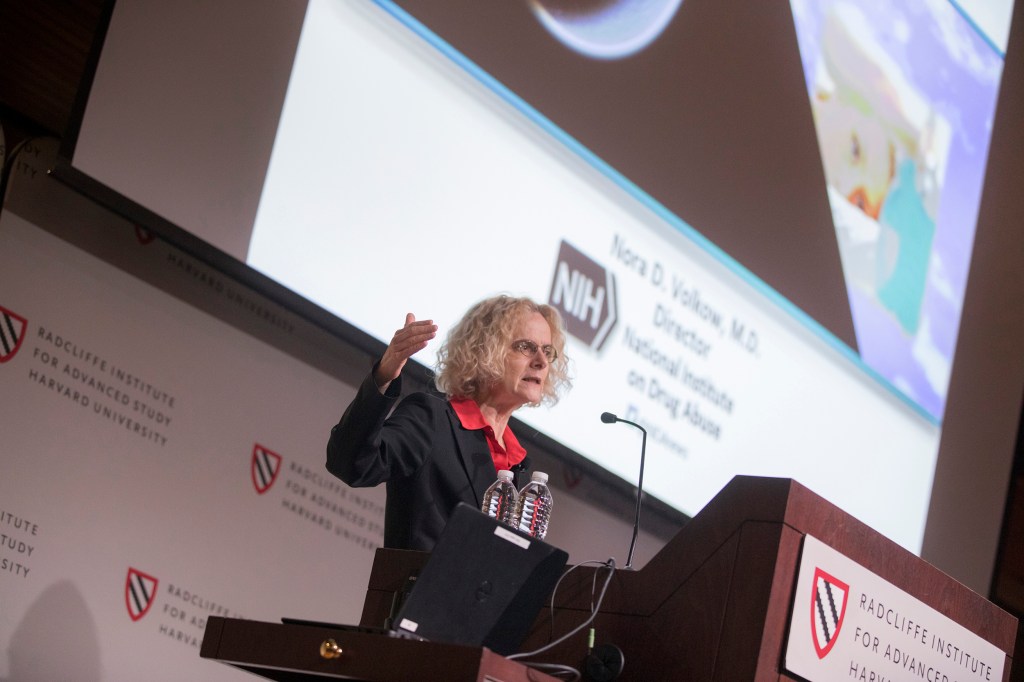
-
Expert advice for reducing obesity: Take the blame out of it
Fatima Cody Stanford, a leading expert on obesity, is exploring the impact of behavioral and environmental factors in the complex processes of weight regulation.
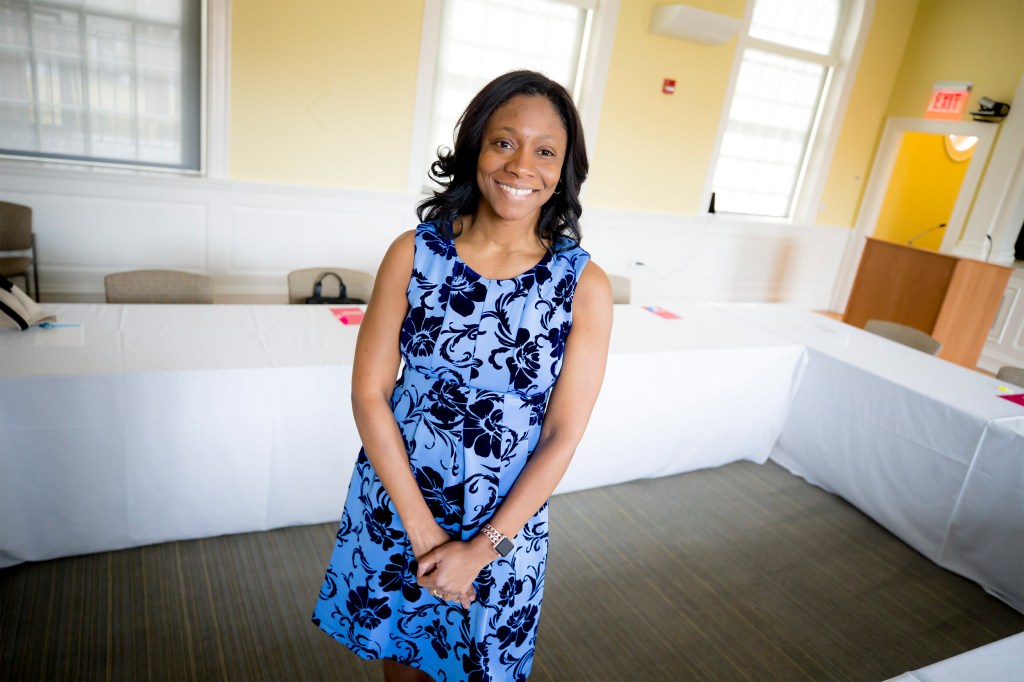
-
Making global health a collaborative effort
Assistant Professor Brittany Seymour sent three Harvard School of Dental Medicine students into the field in Costa Rica to learn firsthand that dental care is a global issue.
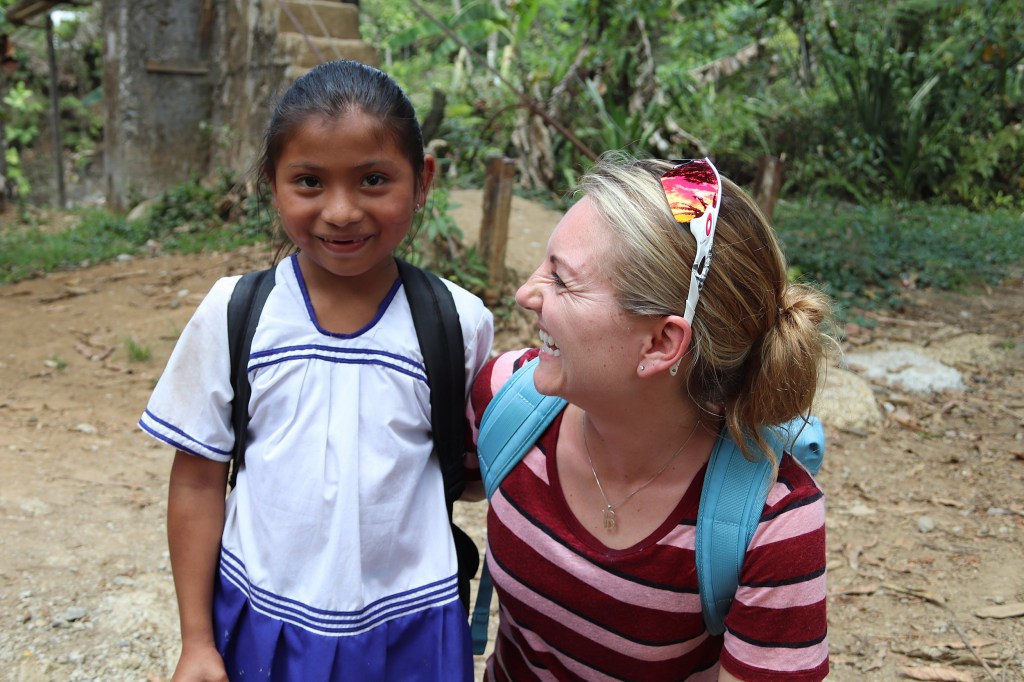
-
Keeping the genetic code clean
Researchers have taken the first step toward removing unwanted cells by converting the CRISPR/Cas9 genome-engineering system into a genome-surveillance tool that removes newly occurring disease-associated mutations.
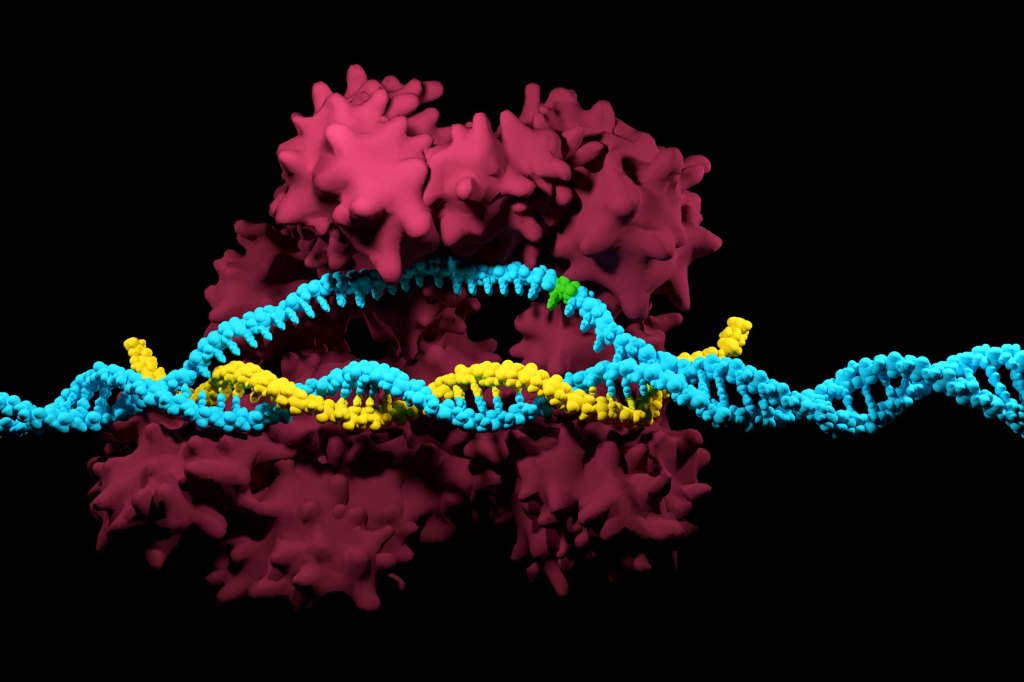
-
E-cigarettes’ usefulness for quitting smoking uncertain
A new study examines the uncertainty of whether e-cigarettes can help smokers quit and the urgent need for randomized, controlled trials.

-
The problems with LGBTQ health care
A significant number of LGBTQ patients experience stigma and discrimination not just in their everyday lives, but in the health care system, a problem that can be addressed by increased awareness by physicians and other providers who treat them.
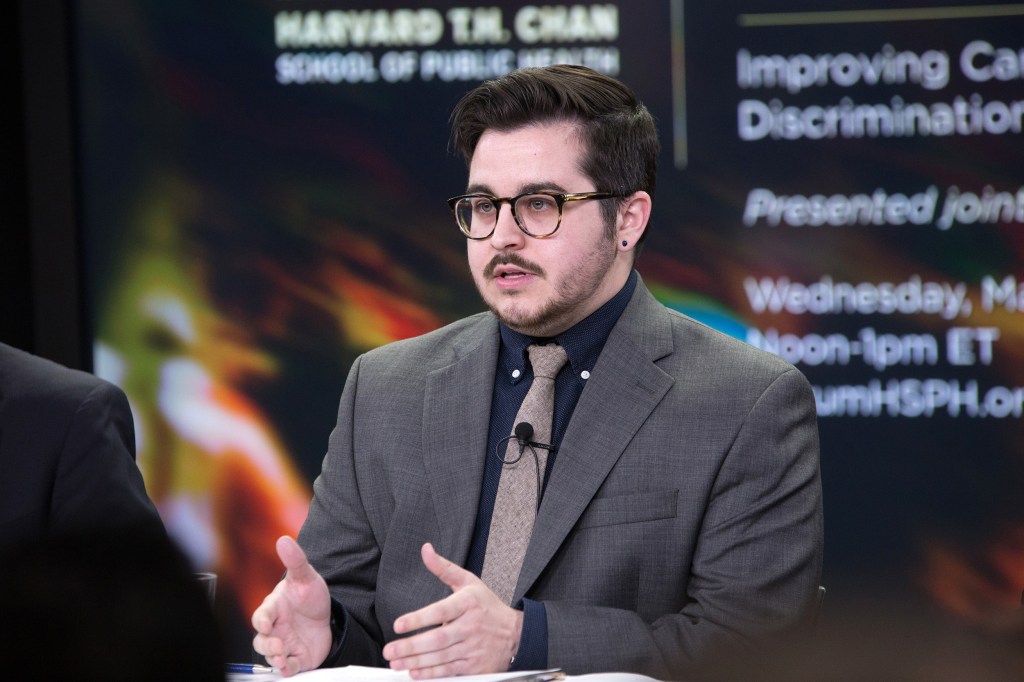
-
Sex differences influence organ transplant rejection rate
A new study indicates that data on transplant rejection rates have been correlated with specific patterns of donor and recipient sex in several types of transplanted organs, including kidneys and hearts.
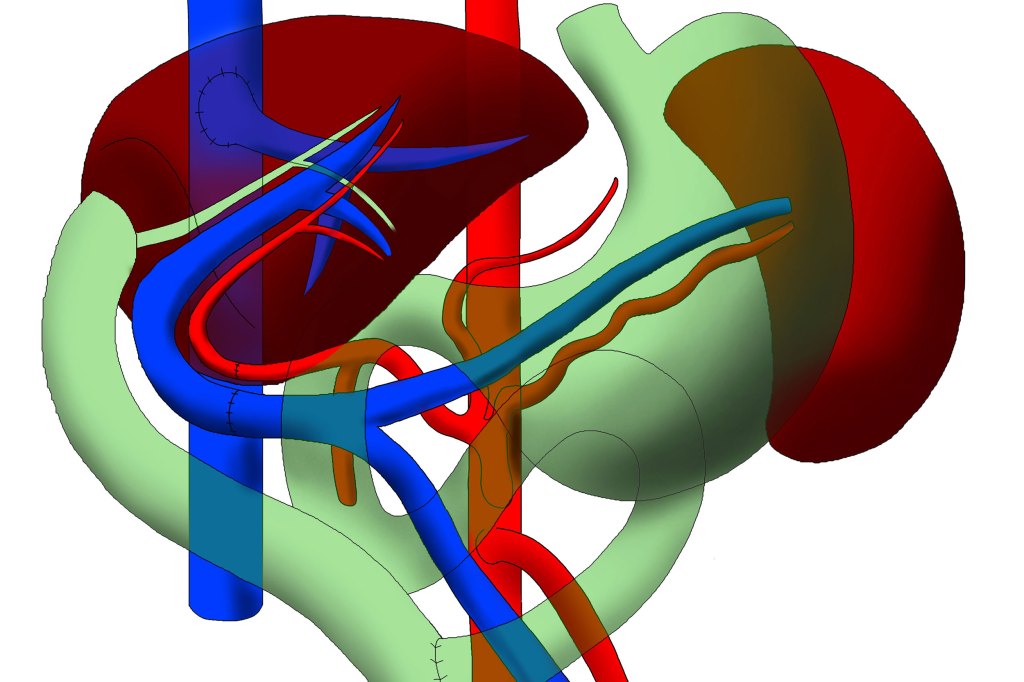
-
We’re in the dark on dietary supplements. She’s working to change that.
A Harvard epidemiologist is working on two trials aimed at providing some clarity on the effects of dietary supplements.
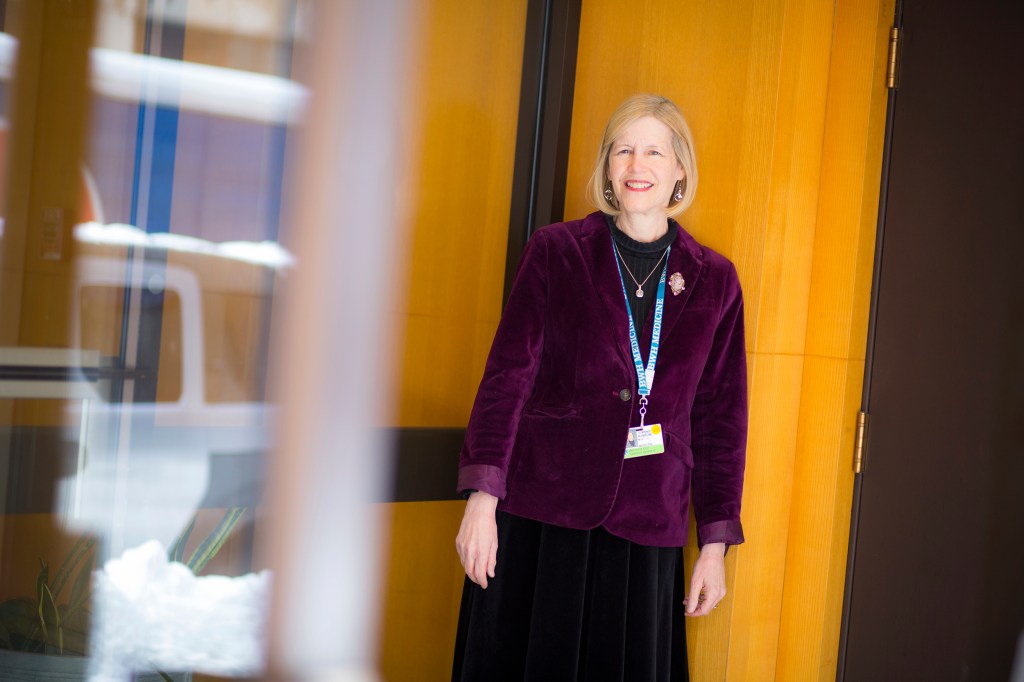
-
Pulling our punches in opioid fight
Shelly F. Greenfield of McLean Hospital provides a recap of a Boston summit aimed at generating ideas for attacking the opioid epidemic.
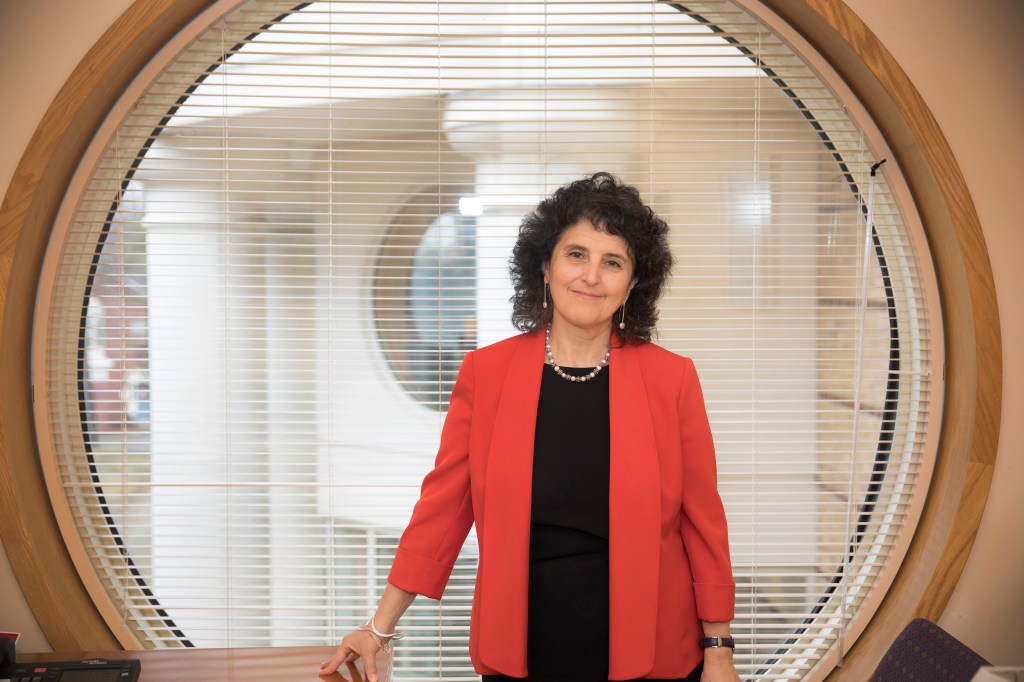
-
Giving kids a running start
Massachusetts General Hospital and Harvard Medical School researchers tested the impact of a before-school exercise program on kids’ emotional and physical health.
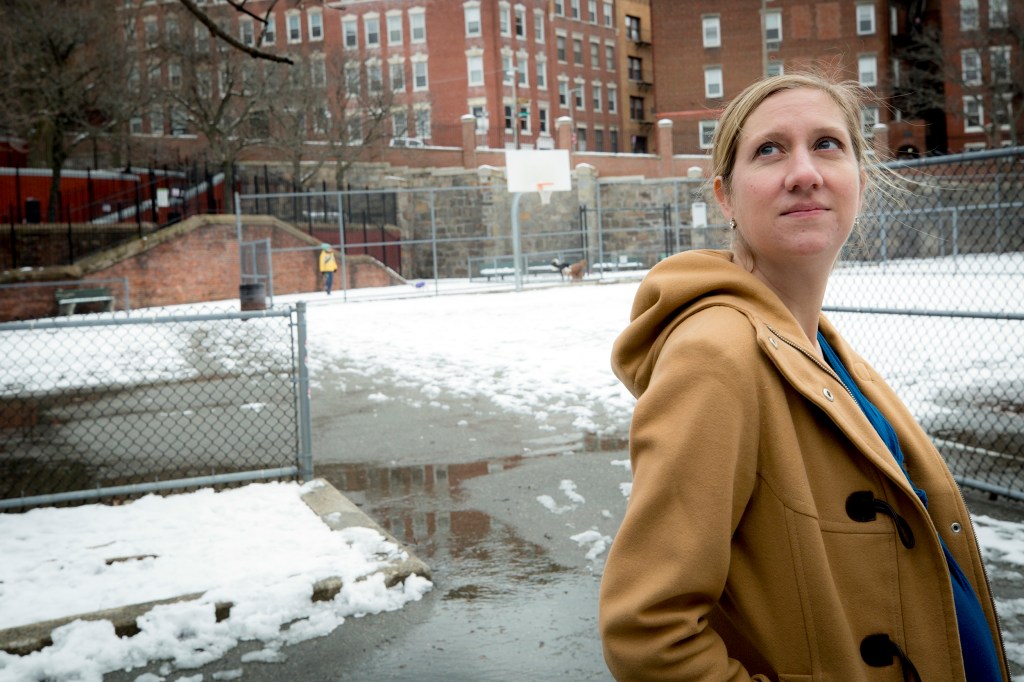
-
Smelling sweetheart’s shirt may lower stress
Reducing stress might be as simple as sniffing a loved one’s T-shirt, according to new research from Harvard Business School.

-
What’s behind high U.S. health care costs
A Harvard study confirmed that the U.S. has substantially higher spending on health care, worse population health outcomes, and worse access to care than other wealthy countries; but there’s more to it than that.
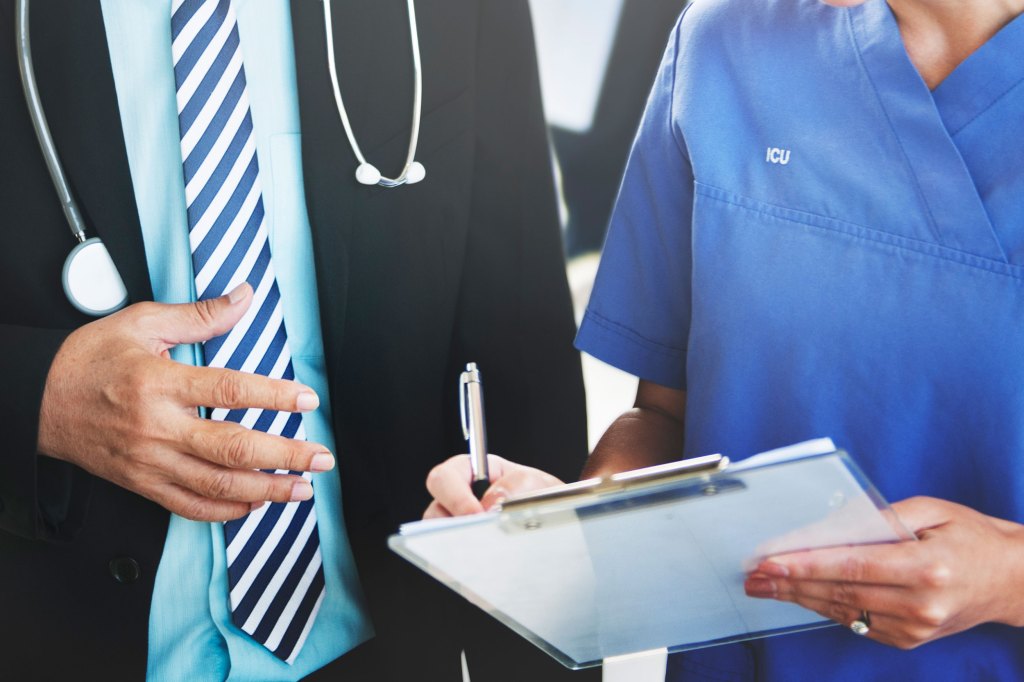
-
‘Switch’ that could improve memory identified
A neural circuit mechanism involved in preserving the specificity of memories has been identified by investigators from the Massachusetts General Hospital (MGH) Center for Regenerative Medicine and the Harvard Stem…
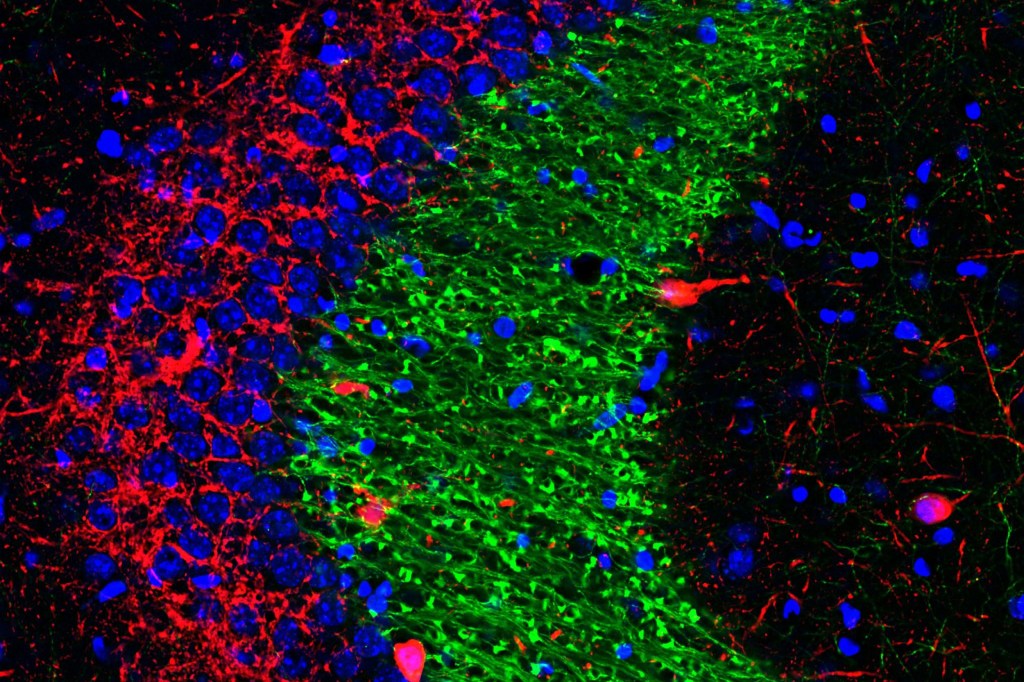
-
Vexing health problems can be solved, Gawande believes
Tackling complex issues such as opioid addiction, gun violence, and uneven access to medical care seems daunting, but surgeon and author Atul Gawande says history shows that over time, the nation can solve its public health challenges.
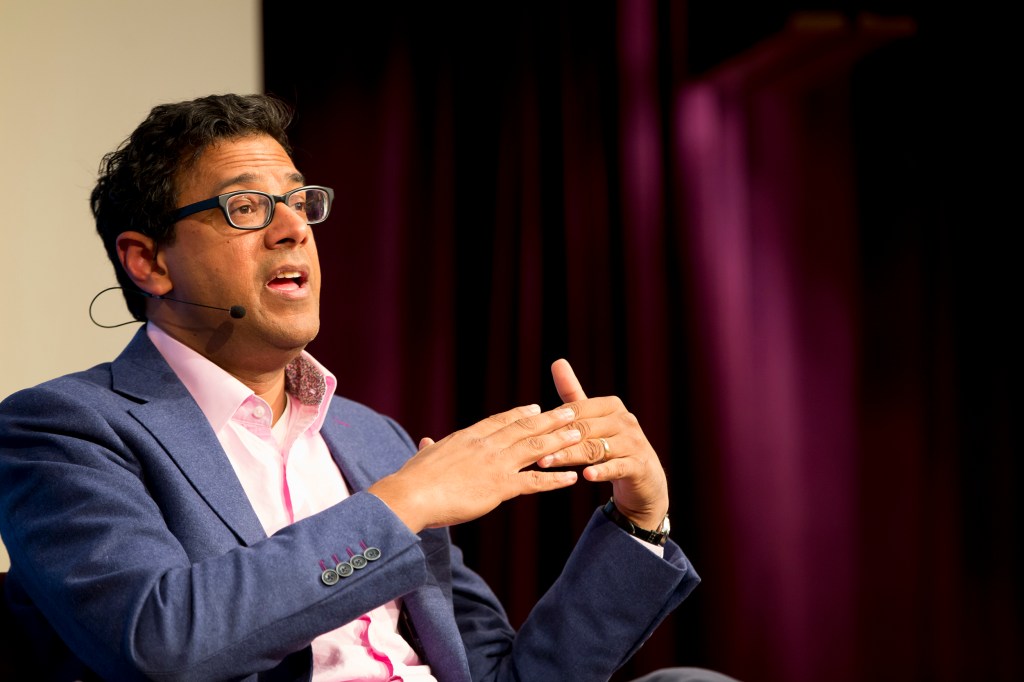
-
A new model for an old killer
Failure rates in clinical trials have left a cure for sepsis virtually untouched for 30 years. A new model, however, may bring scientists closer to drug treatments.
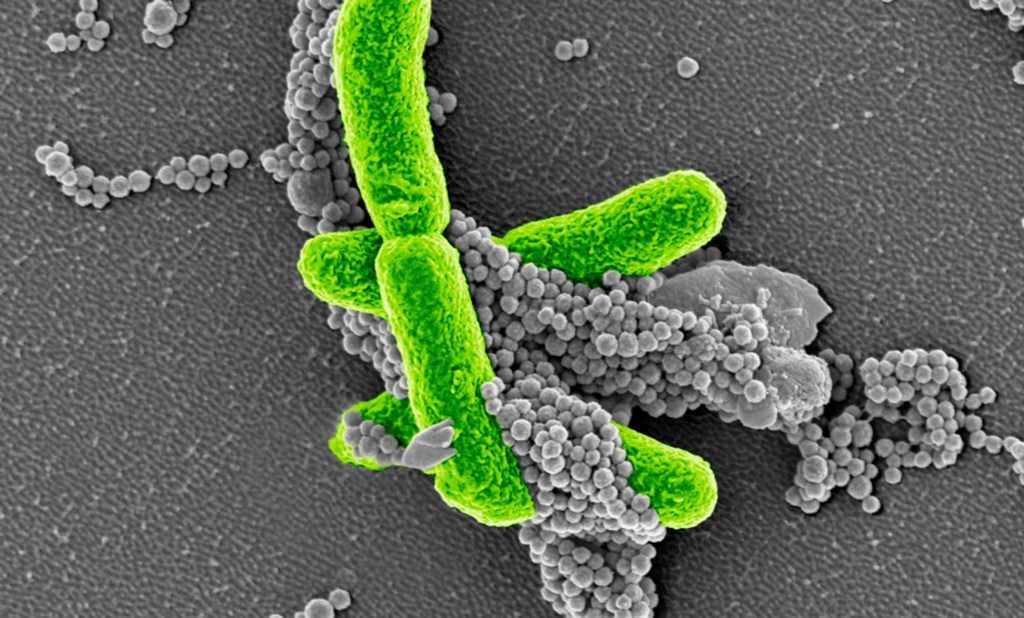
-
Race bias seen in breast-cancer screening
A new analysis urges guidelines that account for racial differences in development, aggressiveness of breast cancer.
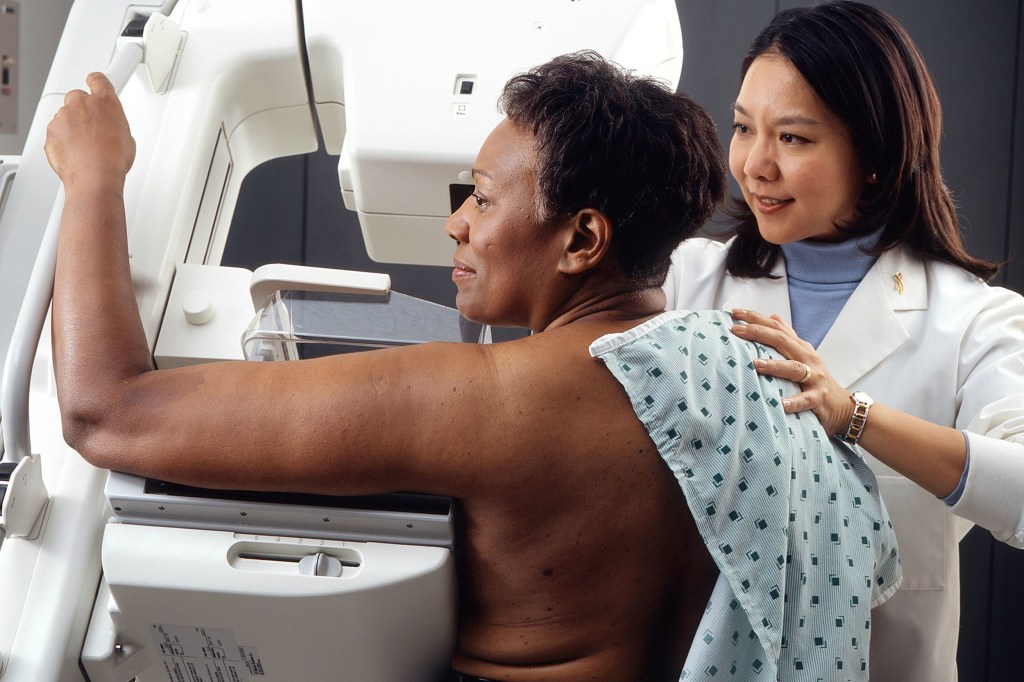
-
What’s another hour of lost sleep? For some, a hazard
An interview with Jeanne Duffy, an associate professor of medicine at Harvard Medical School and a sleep researcher at Brigham and Women’s Hospital, on links between sleep and health.
